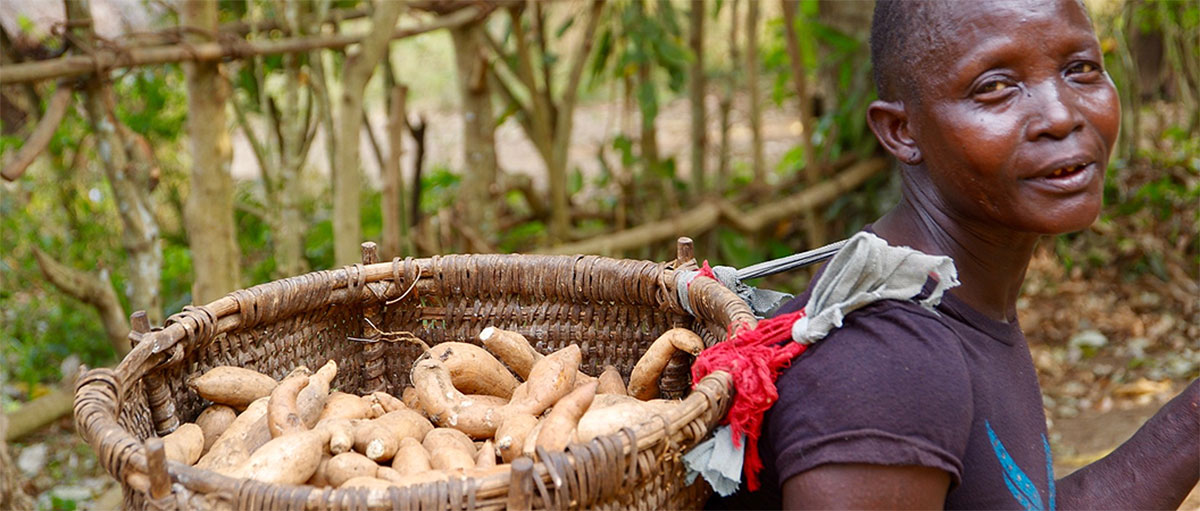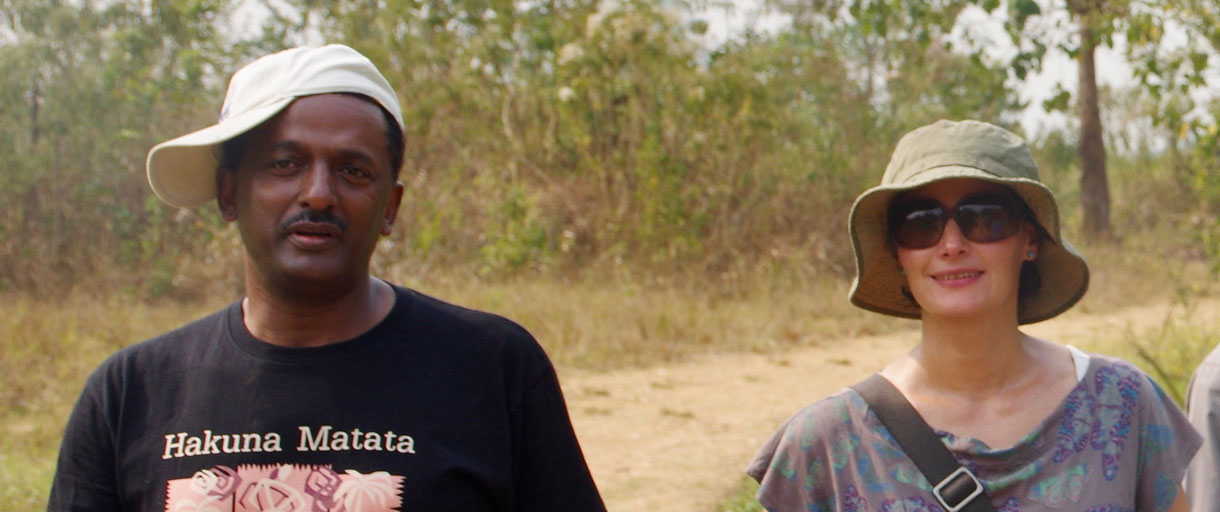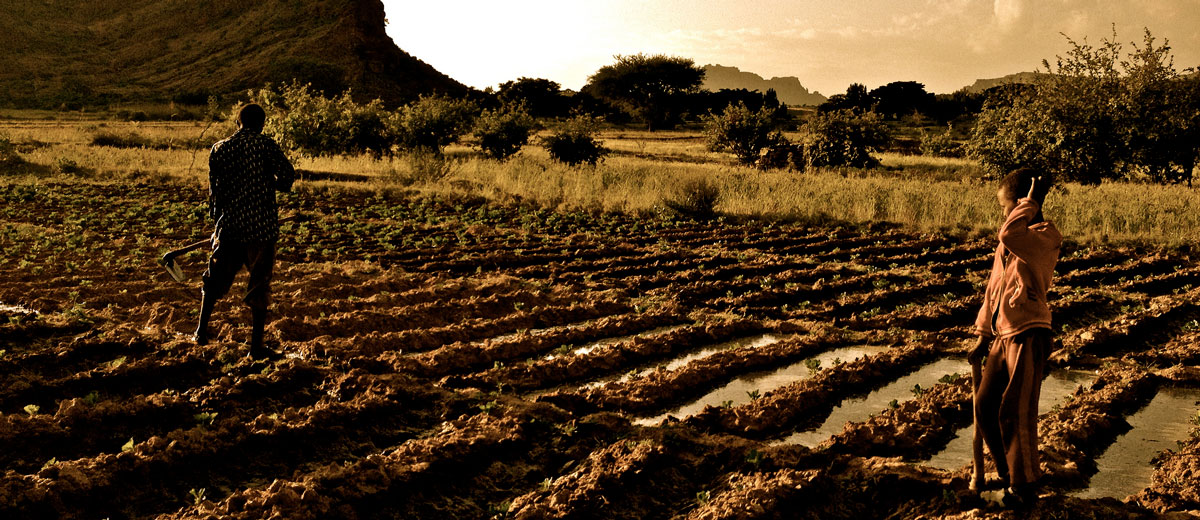
Bildtext
Bildtext får vara max två rader text. Hela texten ska högerjusteras om den bara ska innehålla fotobyline! Photo: B. Christensen/Azote
DOCUMENTARY FILM
A resilient food future for the people of the forest
New documentary film highlights social-ecological challenges facing Ethiopia's food production systems
Text
Ethiopia’s population is quickly growing, a trend in many African nations. The Ethiopian national government’s agricultural policy is increasingly following a high chemical input model in order to increase crop yields. While agriculture harvests must keep up with the demands of a growing population, it is important to understand the lasting impacts that these chemicals have on the natural environment.
A new documentary film produced by the Sida funded programme, Guidance for Resilience in the Anthropocene: Investments for Development (GRAID), sheds light on the complex, interconnected and wide-ranging social-ecological factors that need to be considered and addressed when designing a sustainable and resilient food production system.
The film, entitled “Mapping Majang – cultivating a resilient food future for the people of the forest”, follows GRAID researcher Million Belay who asks the question: How can resilience-based research help to inform the development of food production systems that will deliver enough for everyone to eat, without degrading the environment and eroding culture?
The film’s narrative focuses on resilience research in one Ethiopian community experiencing multiple changes. This community lives in a forested region, and face challenges of population growth and immigration that bring about social and cultural changes. In turn, there are impacts on the environment, as a result of different farming practices and the way the forest is managed.
Using a deeply embodied understanding about his country’s political and cultural history, Belay, an Ethiopian native, uses methods based on a resilience approach to help the community find their own practical solutions to the complex problems they face.
The way in which the research is carried out, and the local level outcomes, draw on resilience-oriented research and highlight knowledge and insights relevant far beyond this forest. Furthermore, the project goes some way in translating knowledge into hands-on practical actions that can inform a more sustainable and just development approach.
Million Belay is part of the research team under GRAID, a Sida-funded programme looking to briedge resilience thinking and development practices. His research focuses on using participatory methodologies, including participatory mapping, for social learning and change. He is an expert and advocate for forestry conservation, indigenous livelihoods and food and seed sovereignty.
Viveca Mellegård is a creative producer working for GRAID. For GRAID, Viveca’s role includes generating ideas and realising creative projects that help to capture and make visible the complexities of a resilience approach to development.








